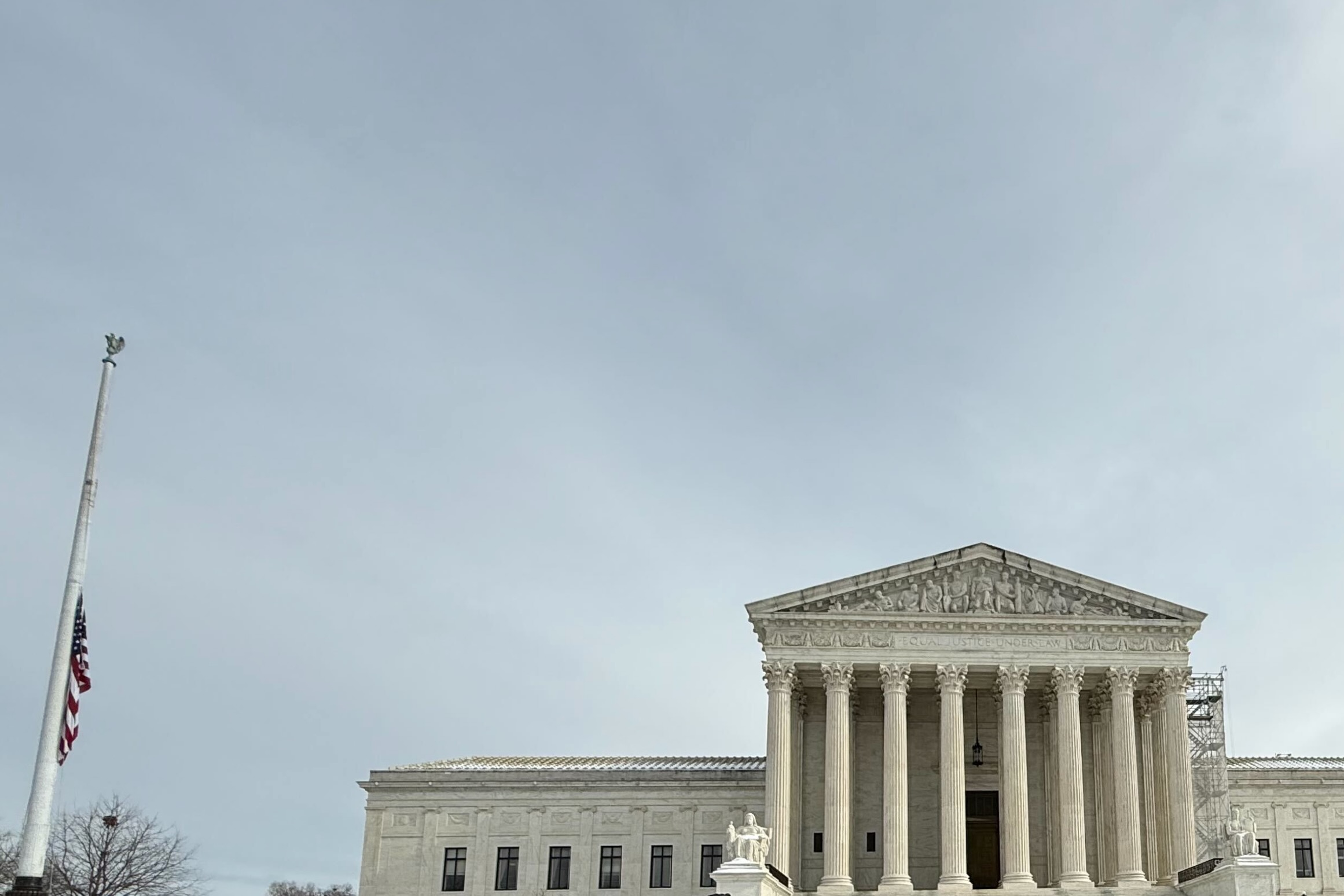Supreme Court sends capital case back for reconsideration over focus on sex


The Supreme Court on Tuesday gave Brenda Evers Andrew another chance to challenge her death sentence and conviction for the murder of her estranged husband. Andrew, who was sentenced to death in 2004, has long maintained that she is innocent, and her boyfriend James Pavatt, who confessed to the killing, insisted that she was not involved in the crime. Andrew argues that her right to a fair trial was violated because prosecutors at her 2004 trial relied on evidence about her sexuality, including presenting the jury with her thong during closing arguments.
Andrew and Pavatt were both charged with capital murder based on evidence that they had plotted the murder together to obtain the proceeds of a life insurance policy. But Andrews sex life and sexual history became a focal point at her trial. Prosecutors told the jury (as one state judge wrote) that she was a bad wife, bad mother, and a bad woman.
The court issued an unsigned 10-page opinion vacating a ruling by the U.S. Court of Appeals for the 10th Circuit in Andrews case and ordering the court of appeals to take another look. The move came as part of a list of orders from the justices private conference on Friday, Jan. 17. After adding five new cases to their docket on Friday afternoon, the justices did not as expected grant review in any additional cases on Tuesday.
Andrew, who is the only woman on death row in Oklahoma, came to the Supreme Court in January 2024, asking the justices to reverse her conviction. She contended that the Supreme Courts cases prohibit the use of evidence that, as in her case, makes the trial fundamentally unfair. Indeed, she contended, to convict and condemn a woman to death because her clothing, appearance, demeanor, and sexual history does not comply with stereotypes of womanhood is odious in all aspects [and] especially pernicious in the administration of justice.
After considering the case at 11 consecutive conferences, the court on Tuesday sent the case back to the lower courts so that they can consider whether the improper introduction of evidence against her was so unduly prejudicial that it made her trial fundamentally unfair. The court of appeals, it explained, rejected Andrews claim because, it thought, no holding of this Court established a general rule that the erroneous admission of prejudicial evidence could violate due process. That was wrong, the court concluded.
Justice Samuel Alito wrote a one-paragraph opinion in which he concurred with the courts decision to send the case back to the lower courts. He agreed that the Supreme Courts case law establishes that a defendants due-process rights can be violated when the properly admitted evidence at trial is overwhelmed by a flood of irrelevant and highly prejudicial evidence that renders the trial fundamentally unfair. He made clear, however, that he was not expressing any view on whether that very high standard is met in Andrews case.
Justice Clarence Thomas, joined by Justice Neil Gorsuch, dissented from the courts decision and would have rejected Andrews plea for relief. He suggested that prosecutors had presented overwhelming evidence that Andrew participated in the murder of her husband, and that [s]ex and marriage were unavoidable issues at Andrews trial. And Thomas faulted his colleagues for framing the legal principles at issue in the case at too high a level of generality, contending that Tuesdays decision is the first time the court has ever summarily set aside a lower court decision for failing to find that a legal rule is clearly established under the 1996 federal law governing efforts to obtain post-conviction relief.
Thomas concluded by complaining that the relief provided to Andrew on Tuesday is a rare disposition that the court has traditionally reserved for the uncommon situations in which the law is settled and stable, the facts are not in dispute, and the decision below is clearly in error. By contrast, he posited, in Andrews case the Court turns this approach on its head, steamrolling settled AEDPA principles to set aside an entirely correct Tenth Circuit decision.
The justices on Tuesday did not act on several high-profile petitions for review that they considered at Fridays conference, including a challenge to Marylands ban on assault rifles, a challenge by Native Americans to the transfer of land that they regard as a sacred site to a mining company, and a challenge to a ruling by the Oklahoma Supreme Court that blocked the opening of publicly funded religious charter school.
The justices will meet again for another private conference the last regularly scheduled one for nearly a month on Friday. Orders from that conference are expected on Monday, Jan. 27, at 9:30 am.
This article was originally published at Howe on the Court.
Posted in Cases in the Pipeline
Cases: Andrew v. White
